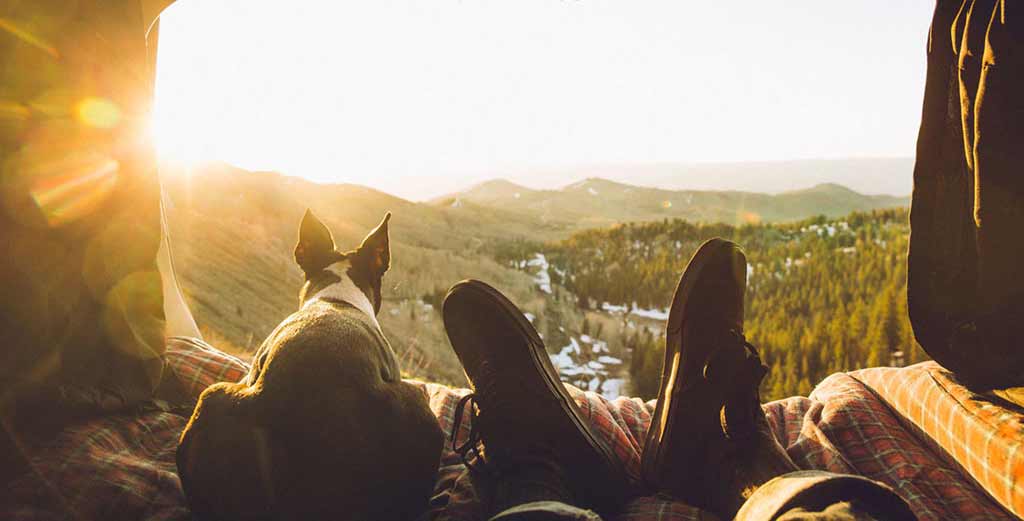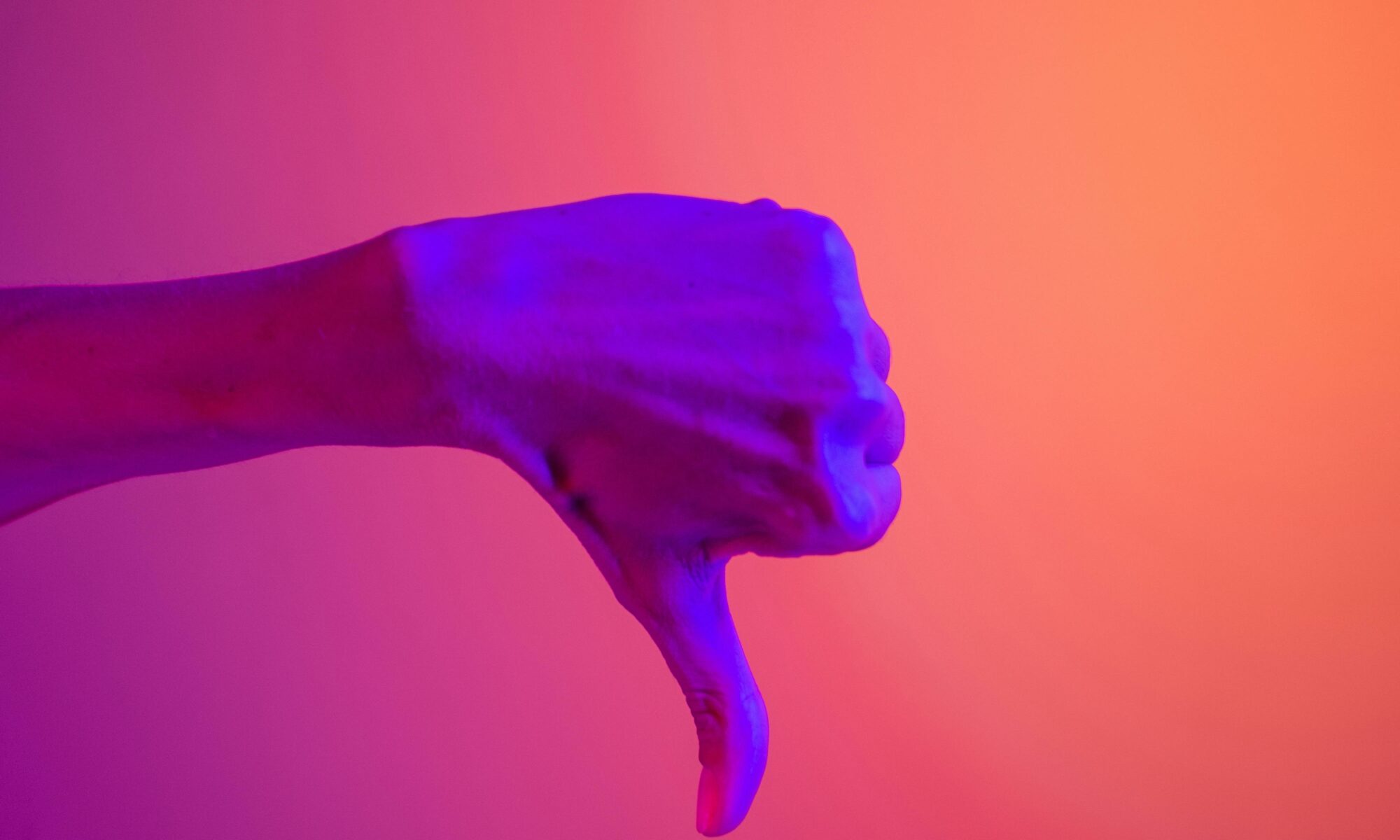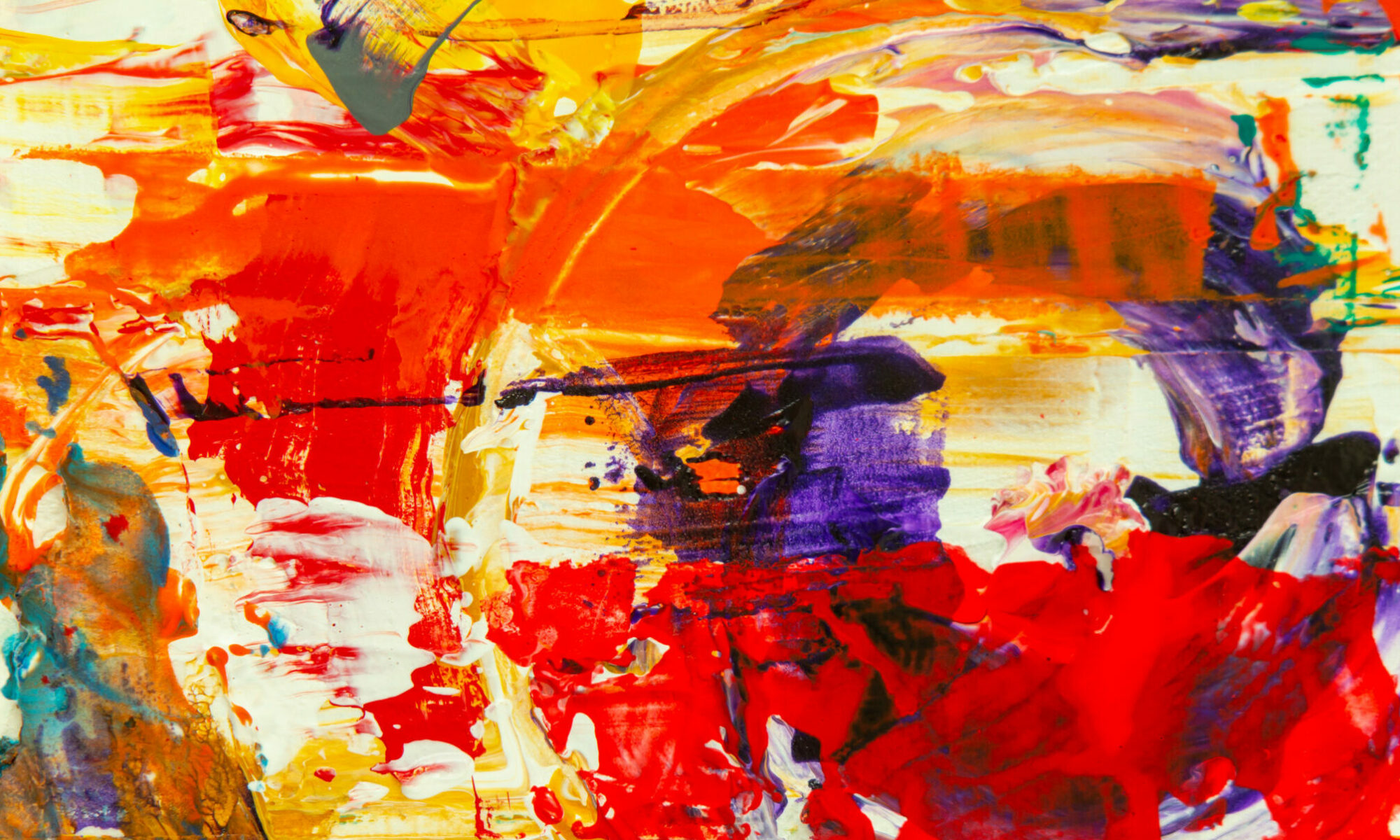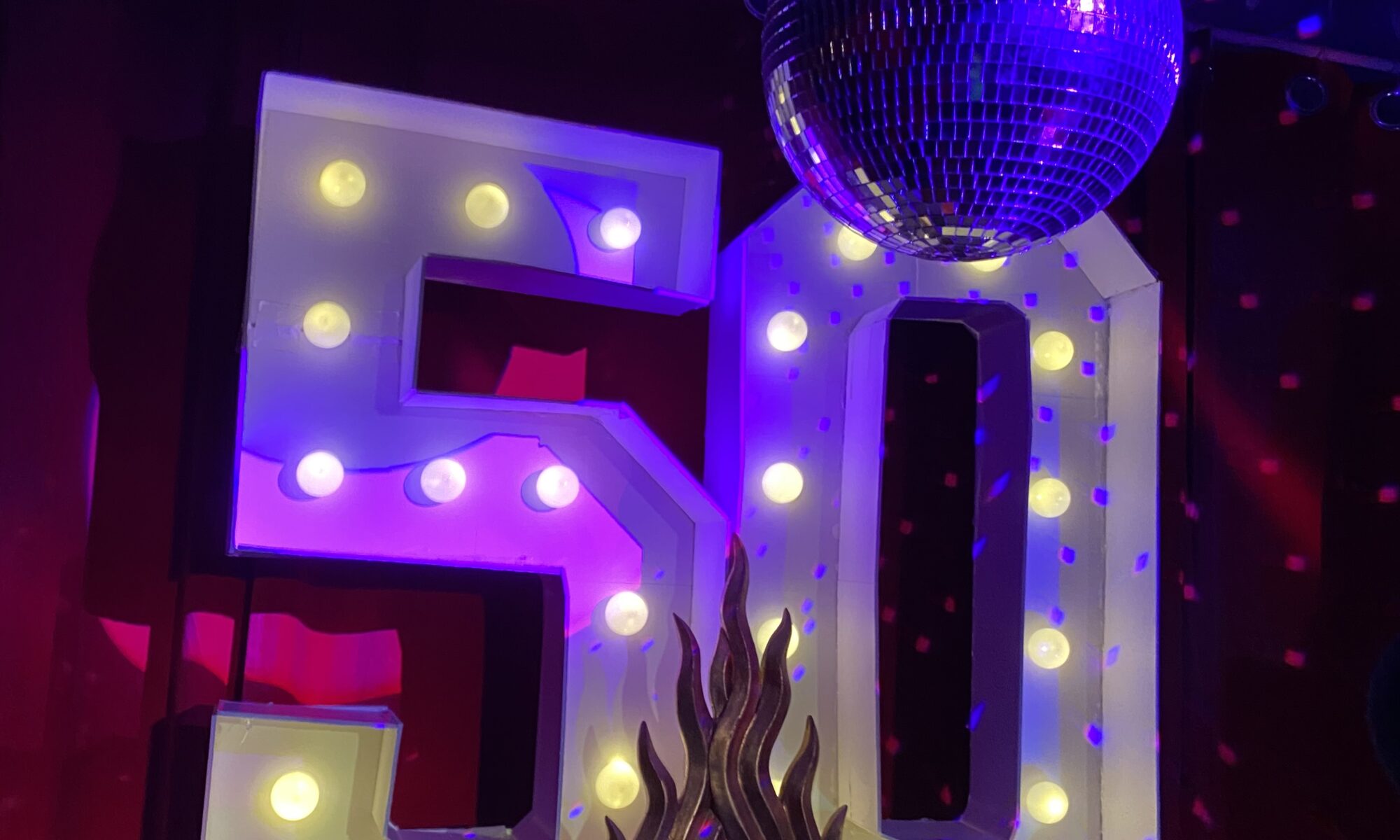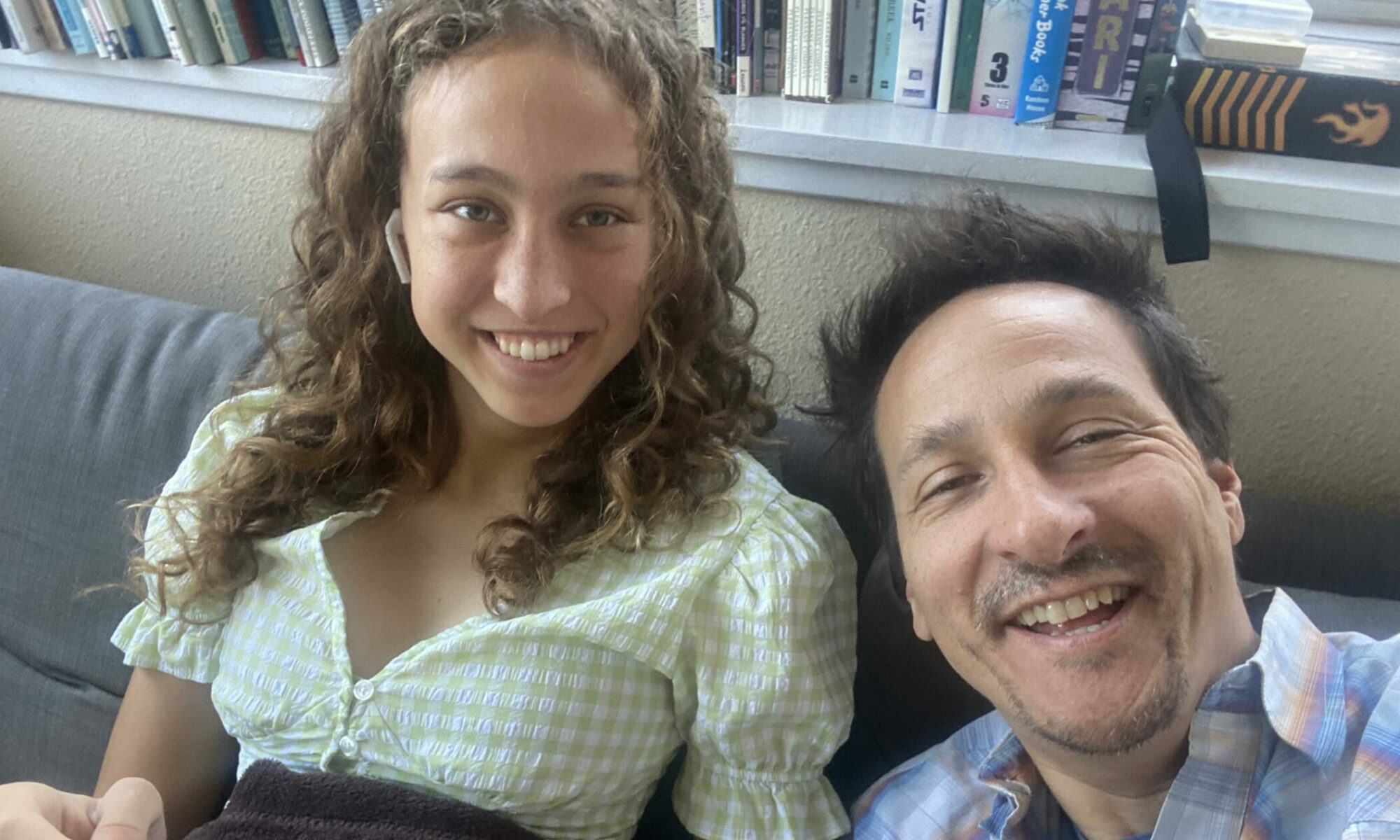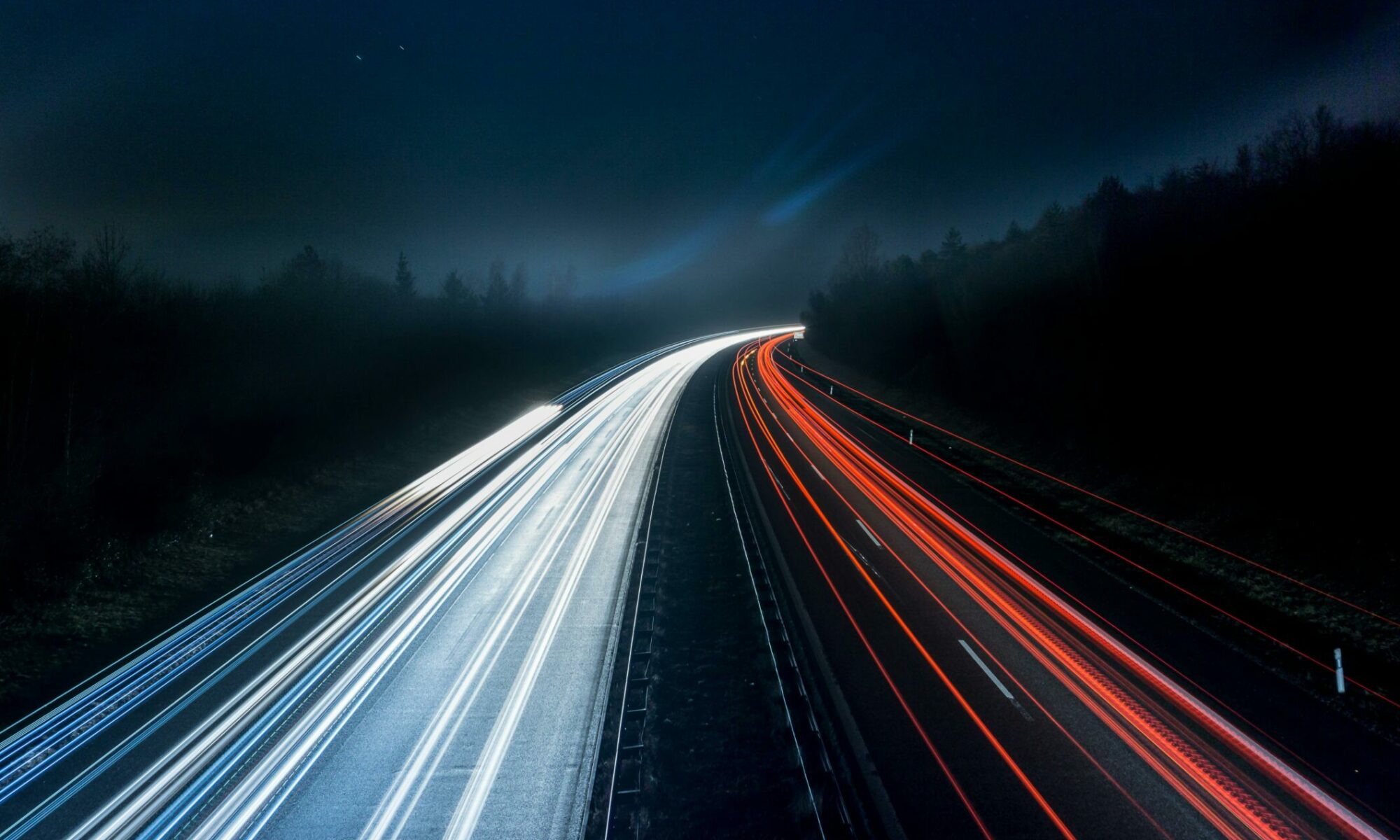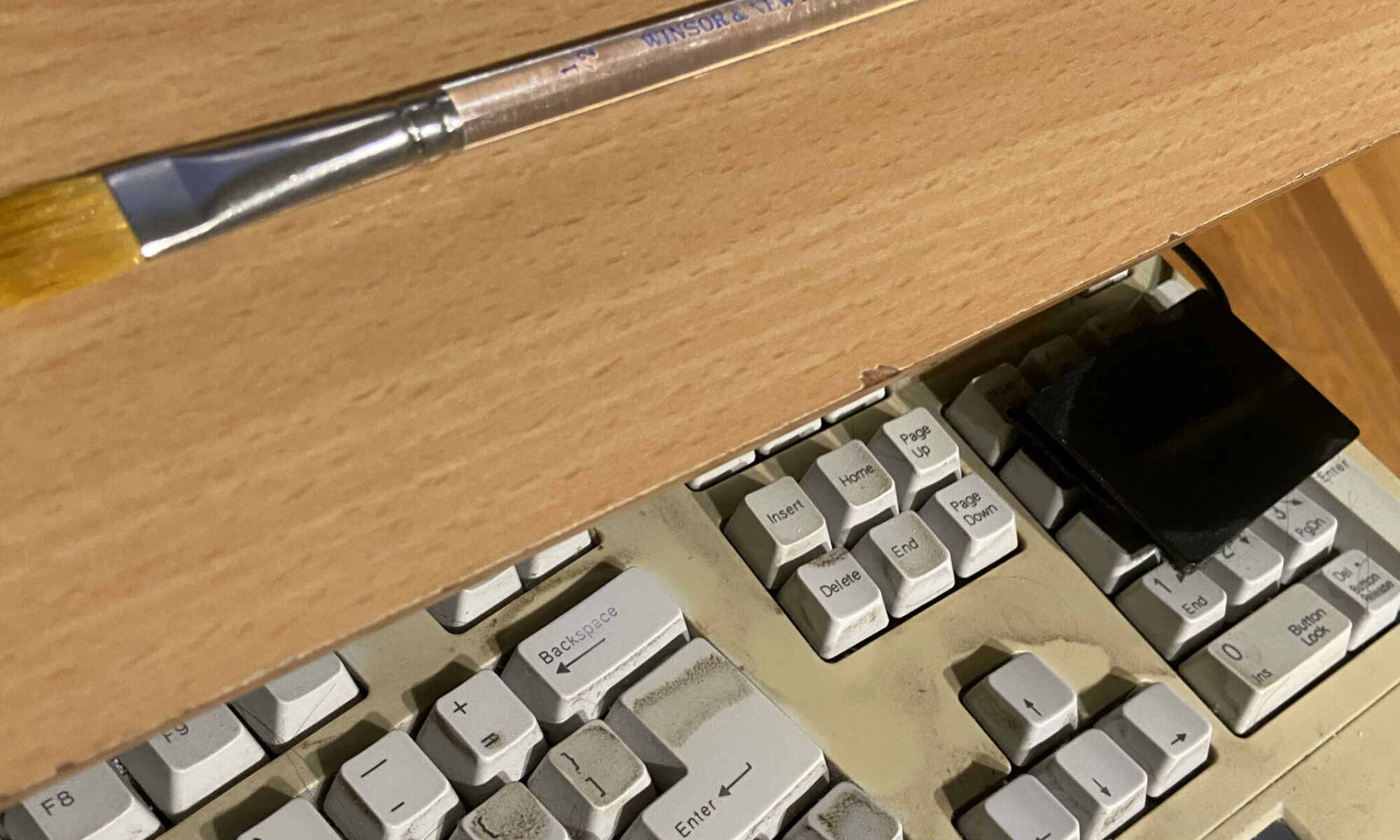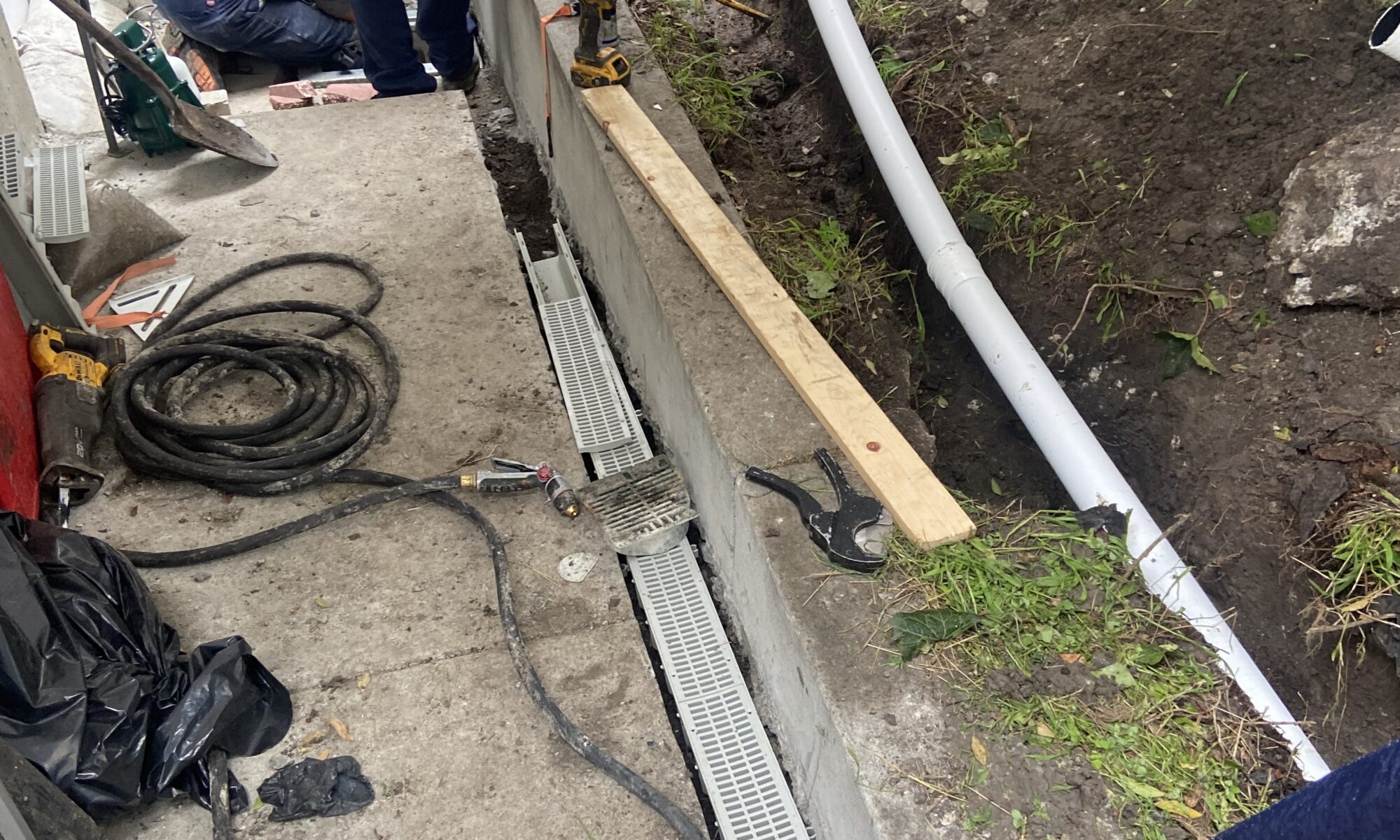Yesterday we found out Evaline got into a bunch of good schools.
I danced a jig and ran upstairs to call my brother. Molly went into her Facebook groups and forums to share the news and do more research. Hazel went back to her iPad, and Evaline put in her AirPods and scrolled TikTok.
I wonder where she went to.
It’s a lot to take in.
When I came down the stairs, literally panting from excitement, Evaline confronted me immediately, not to give a high-five or inquire further about the schools or share understandable worry about the distance between here and there — none of that came out; instead, she wanted to iron patches onto her Girl Scout vest.
So I went down into the basement and got the ironing board.
Her vest is pretty full; it took some strategizing to figure out where the remaining patches should go. And it’s not a quick process, this ironing thing. You have to iron the vest first, then iron the patch through a cloth (to avoid burning the threading), then turn the vest over and iron the back, then turn the vest over again and iron the edges of the patch.
And I’m not the best ironer (as you may have guessed from where I store the ironing board).
We went at it, and Evaline talked the whole time. About the patches, which ones were her favorite, which ones didn’t matter, which ones were the most fun to earn. She was quite the chatterbox, going off on her memories. And, there I stood with my head down, moving the iron back and forth in gentle strokes and thinking about the joy and pain of walking out of her dorm room for the first time.
My girl. Going to college.
It was hard to think about anything else, but I felt bad about not listening to her, so I pushed away my own bittersweet thoughts and attempted to go where she had gone.
At first, I didn’t get it, but then I saw what was behind all her chattering and pointing, what was manifesting right there in front of me: that beautiful emotion that all parents hope to see within their child and particularly within their teenager, the elusive feeling you can’t fake, the one that says everything is going to be okay:
Pride.
She was proud of that vest and all it symbolized. When I looked closely, I could see what she saw: sleepovers with friends, robotics, roller coasters, her pickle car for the pinewood derby (Mr. Pickles!), morning movies, and years and years of booth sales. (At 17, she still does cartwheels with her bestie in front of the movie theater to sell cookies, even though she’s 17 and even though grown men come up to her and tell her she’s too old and too tall to be selling Girl Scout Cookies.)
Fuck that.
The girl don’t care. She likes what she likes, and that’s it. It’s why she’ll talk about the behavior of the goats at the zoo for 20 minutes or tell us with an accompanying reenactment about how hard it was to get the set for Chicago through the door of the technical theater department. It’s why she’s been in Circus for 10 years and can recite Avatar episodes verbatim. It’s how she can get so much joy from collecting rubber duckies, talking about the circulatory system, and ironing on patches to her Girl Scout vest. And, in my opinion, it’s the very thing — her essence, her passion, her intrinsic desire to seek out fun — that got her those acceptance letters.
It’s impossible to miss. You see it right away: that thing that makes her Evaline.
I’ve seen it her whole life and I made it my duty to keep it alive. To protect it. To grow it. We both have.
Funny how, just a few days before my own birthday, I’m writing about Evaline.
I guess it makes sense. I’m a dad.
In this moment. And forever.
That much is clear, listening to my girl talk a mile a minute about her memories while I try desperately not to burn the edges of her well-earned patches or cry a little bit about how much we’ve been through, and what’s to come.
